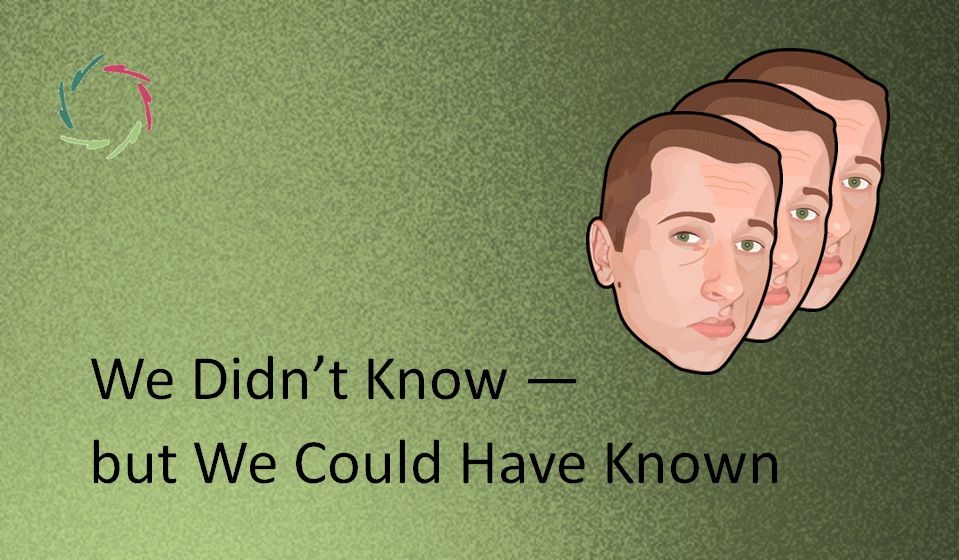Social Media versus Irony

It’s actually, nowadays, rather the world versus irony.
(q&d = quick and dirty)
Quite disturbing
A culture without real irony is like a symbolic plant without water. Such can only survive by turning itself into cardboard. I don’t call that ‘surviving’ at all.
A culture that shoves irony under the carpet tends to indulge in a kind of pretentious mega-irony upon some flying carpet, trying to replace quality with cheap quantity. This is then brought to an audience that, one way or another, pays for this entertainment.
Or is it undertainment?
Real irony isn’t cheap. It demands something from the user. The aim is not a quick laugh . and . let’s quickly go to the next show for we have an attention span of what?
Nothing, please. Keep your q&d humor.
More and more, social media companies also strive for political correctness. Their endeavors expunge irony.
That’s as sad as it is understandable. The latter has to do with the sheer volume. There is so much stuff posted that no organization can put enough amount in reading it all in search of offensive content. So, it is processed either automatically or quickly looked at by humans.
But irony is notoriously challenging to get. That’s why it’s irony, of course. It needs to have associations that are more than q&d.
Irony is more than worthwhile!
It brings a more profound understanding in a specific way. It invites people to think. It points to what is taken for granted while showing that this shouldn’t be taken for granted. Irony orients to deeper layers. Take this out, and you have a cardboard society.
A not worthwhile society, comfortably numb and boring.
So, should we accept occasional disrespect disguised as irony in order to accept occasional irony misinterpreted as disrespect?
In any case, even if something is interpreted by many people – or a whole culture – as disrespect, that is still no guarantee that it’s not irony. Taking this out would diminish both cultures since a culture that has no use for irony at all has no place for depth.
I don’t see any place on this planet for such a culture.
No exception for social media
A social media culture with no place for irony is as flat as a smartphone screen. It’s as superficial as a whizz beyond another dozen posts, as analphabetic as what regards anything but the most simple ideas.
There is morality in intellectual effort. It keeps people from getting enslaved by the most single-minded manipulator with two thumbs, of which there may be more and more in the running if we don’t… think.
Irony is thinking, exploring, discovering
ever new layers and associations. In other words: it’s something that lives.
It entices. It challenges. It seduces. It suggests. It turns upside down, inside out. It lets you discover who you are. It makes you alive in ways you didn’t know before.
Since social media have a huge influence on many, irony is a necessary asset.
We are losing it on a daily basis.


